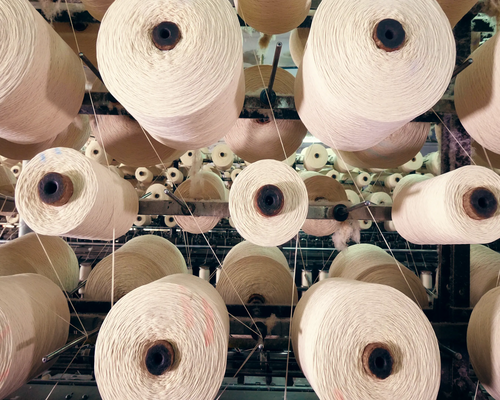What is Global Recycling Day?
Born in 1994 in the United States, Global Recycling Day takes place every 18th March. Led by the BIR (Bureau of International Recycling) since 2018, it's steered in France by a federation of recycling companies, FER (Fédération des Entreprises du Recyclage) which encourages the general public to choose recycled products.
This event is a global initiative aimed at raising public awareness about recycling issues and promoting more sustainable practices.
It's not by mere chance that the official launch happened in 2018.
In 2024, the urgency of environmental issues concerning waste management shifted up a gear, around the globe. With pollution, depletion of natural resources, and climate change affecting the whole world, every country found itself facing increasingly difficult challenges. Global Recycling Day was therefore created in response to this urgency, as a way to rally people all over the planet around a common cause.
According to the regulatory definition in France's Environmental Code, recycling is "any recovery operation by which waste materials are reprocessed into products, materials or substances whether for the original or other purposes."
In other words: recycling is all about turning waste into something useful.






